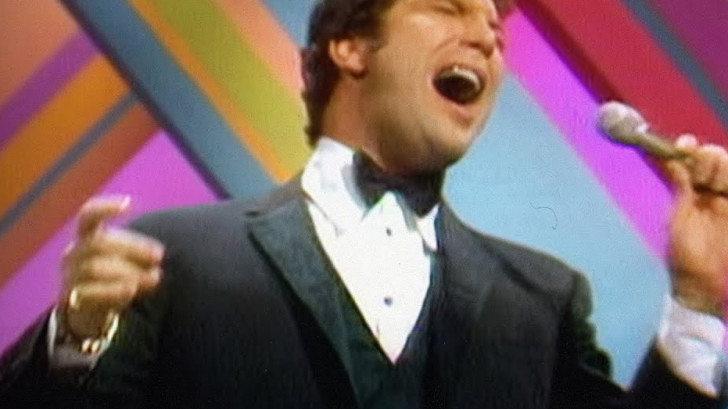Tom Jones nearly gave up on his music career in 1965 as he began to doubt his potential for pop superstardom. Having performed in working men’s clubs in Wales, Jones felt that was the best he could achieve. However, he had responsibilities as a husband and father and couldn’t afford to spend years struggling in London without earning enough income. While the clubs provided him with a modest lifestyle, he took a risk to pursue his dream of becoming a professional recording artist.
Following his discovery by manager Gordon Mills, Tom Jones left his home country of Wales and landed a record deal with Decca. His debut single, ‘Chills and Fever’, was released in 1964 but failed to chart, putting his career in jeopardy. Decca then asked Jones to record a demo version of a new song titled ‘It’s Not Unusual’. Although the label intended for the song to go to established star Sandie Shaw, Jones put his mark on it and refused to let it go, even threatening to quit the music industry if Decca took it away from him.
During a 2019 episode of the George Ezra and Friends podcast, he elaborated on the following:
“We did ‘It’s Not Unusual,’ and when I heard it back, I said I gotta have this song, and I mean Gordon [Mills] was going, well, he wasn’t fussed about it, but Les [Reed] was going ‘Well Sandie Shaw you know she’s had these number one records who the hell are you to get hold of this song’.”
He added:
“I said, ‘Well, I gotta have this song. If I don’t get this song, I’m going back to Wales’. That’s how strong I felt about this song. I meant it, oh yeah; I mean, what else could I threaten them with? What could I threaten Gordon with than saying I’m going back and do some shows in his worker men clubs which I was doing alright with? So they played it to Sandie Shaw, and she said, ‘Whoever’s singing this song that’s his song, I couldn’t sing it like that’.”
Tom Jones’ global success was established by his signature track, ‘It’s Not Unusual’, which reached number one in the UK and introduced him to the American audience through two performances on The Ed Sullivan Show. Had Decca denied him the opportunity to release the song, Jones would have returned to Wales, and his ambition for superstardom would have been ruined. Fortunately, he stood his ground, and the rest is now history.

